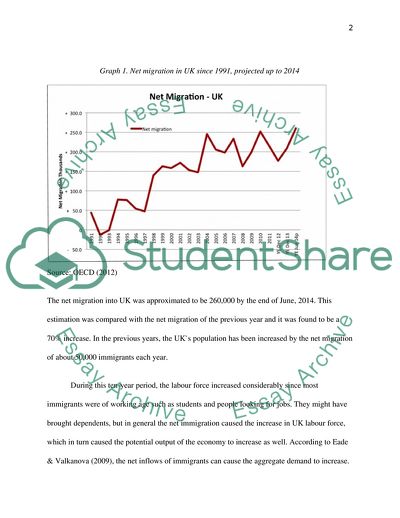Cite this document
(The Impact of Immigration on UK Economy Case Study, n.d.)
The Impact of Immigration on UK Economy Case Study. Retrieved from https://studentshare.org/macro-microeconomics/1877026-the-impact-of-immigration-on-uk-economy
The Impact of Immigration on UK Economy Case Study. Retrieved from https://studentshare.org/macro-microeconomics/1877026-the-impact-of-immigration-on-uk-economy
(The Impact of Immigration on UK Economy Case Study)
The Impact of Immigration on UK Economy Case Study. https://studentshare.org/macro-microeconomics/1877026-the-impact-of-immigration-on-uk-economy.
The Impact of Immigration on UK Economy Case Study. https://studentshare.org/macro-microeconomics/1877026-the-impact-of-immigration-on-uk-economy.
“The Impact of Immigration on UK Economy Case Study”. https://studentshare.org/macro-microeconomics/1877026-the-impact-of-immigration-on-uk-economy.


